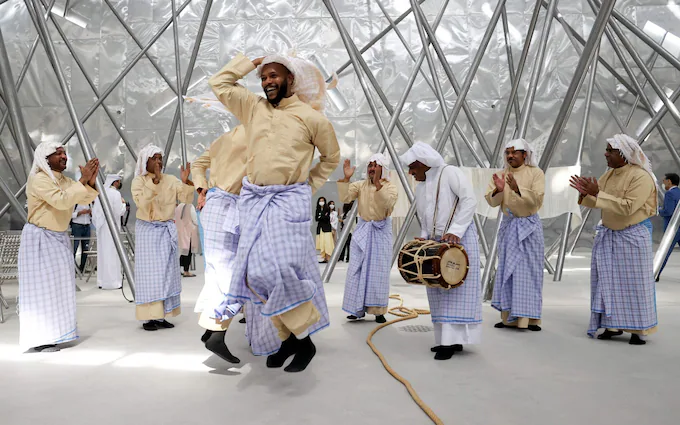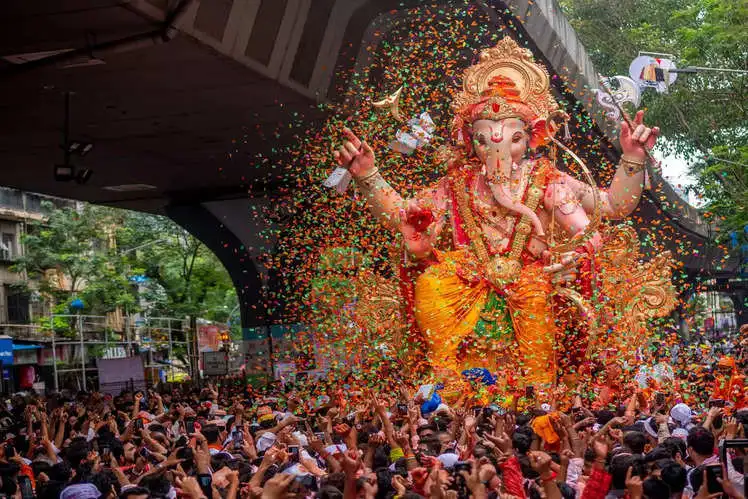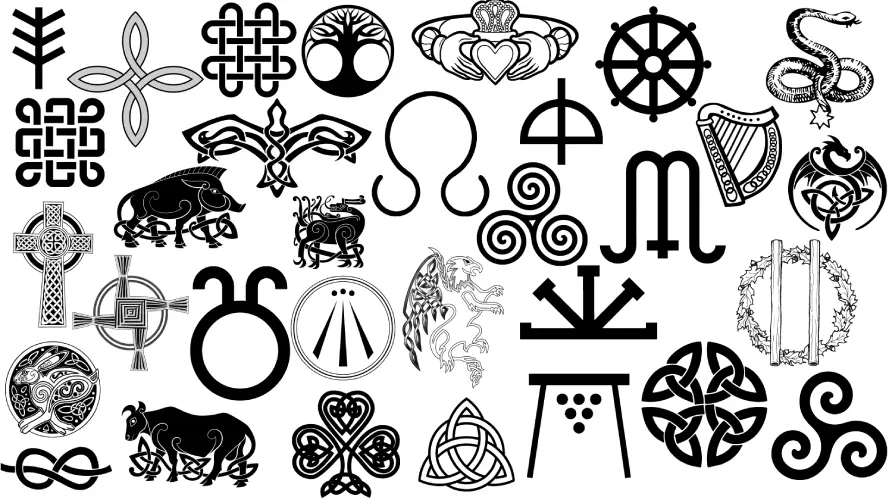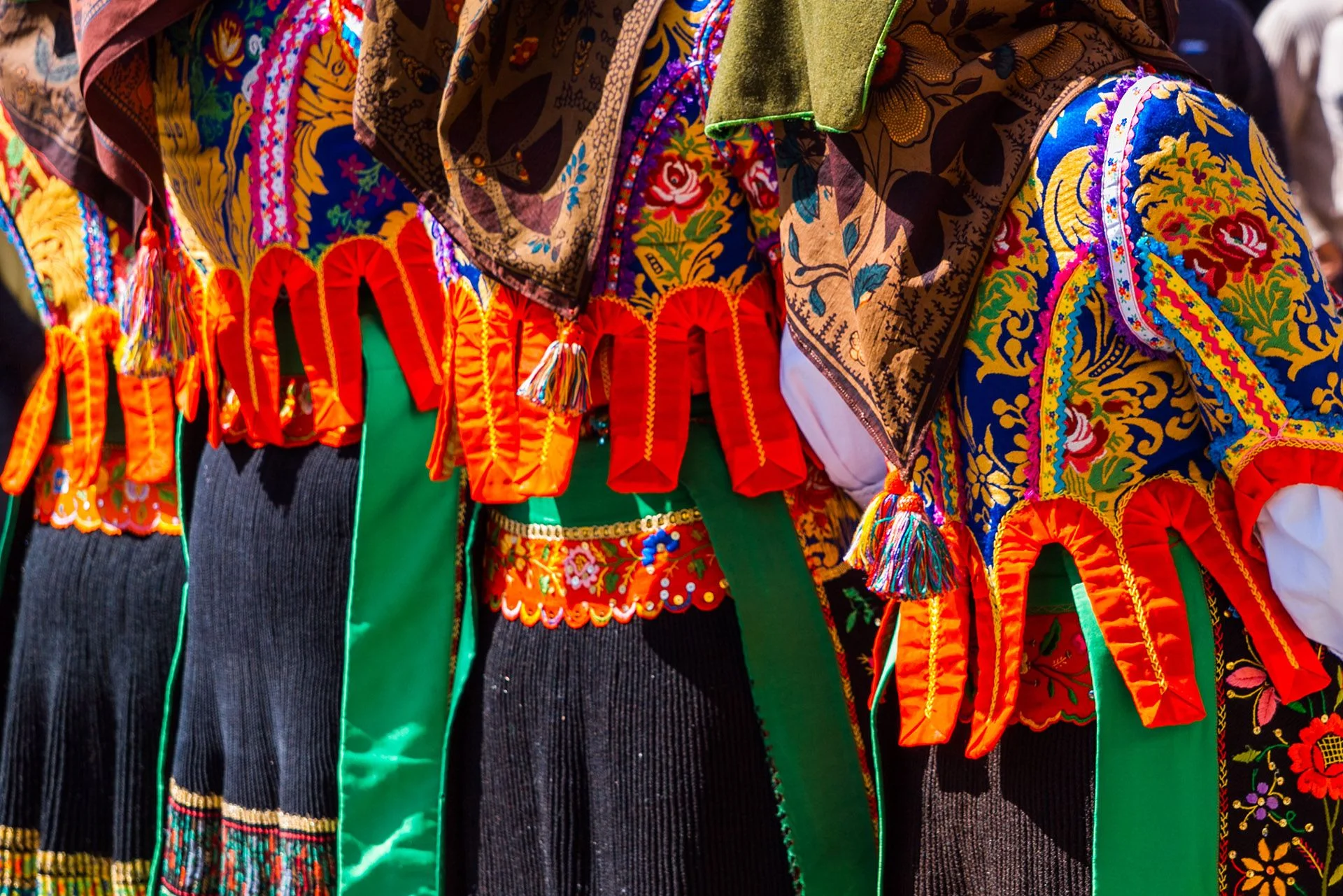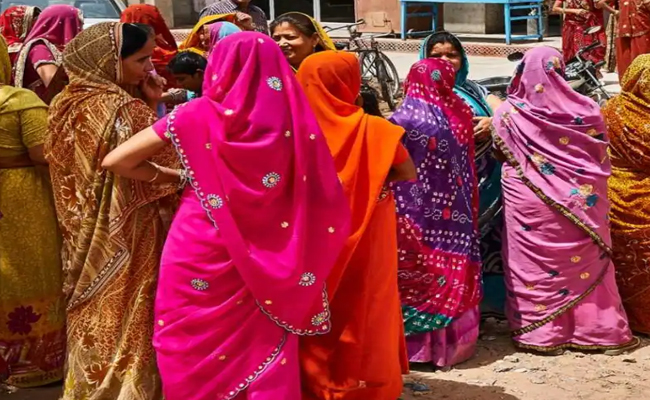Preparing for a traditional Middle Eastern gathering in Australia involves a mix of cultural heritage, hospitality, and delicious food, with some adjustments made to suit the Australian lifestyle and local availability. Whether you are hosting a small family gathering or a larger celebration, here is a guide to help you prepare:
Invitations and Guest List for a Traditional Middle Eastern Gathering
In Middle Eastern culture, hospitality is incredibly important. When preparing for the gathering, make sure you have a guest list that includes close family, friends, and community members. Invitations can be extended informally through word of mouth, phone calls, or messages, but they should always be warm and welcoming.
Tips: Be sure to mention any dietary preferences or restrictions (such as halal or vegetarian) that your guests may have to accommodate.
Venue preparation
Larger gatherings in the Middle East can be held in homes or community halls, while in Australia, the venue can range from a private home, a local park, or even a rented space, depending on the number of guests. The atmosphere should be warm, inviting, and comfortable.
- Décor: Traditional Middle Eastern gatherings often feature ornate and colorful décor. Consider using rich fabrics such as velvet, Persian rugs, lanterns, and floral arrangements. For a touch of modernity, you can use Australian elements, such as native flowers, while maintaining a traditional feel.
- Seating: Provide comfortable seating, often on low chairs or cushions on the floor, to create an authentic atmosphere. Large seating areas with plenty of cushions and throws enhance the cozy and communal feel of the gathering.
Prepare the food
Food is at the heart of Middle Eastern gatherings and sharing a meal is a significant tradition. Middle Eastern cuisine is known for its bold flavors and aromatic spices, and the food should reflect this. In Australia, ingredients may be imported, but many local markets have a wide variety of Middle Eastern products available.
Popular dishes you can include:
- Main courses such as grilled lamb, chicken shawarma, beef kebabs, or mujaddara (lentils with rice).
- Mezzeh platters (small appetizers) such as hummus, baba ganoush, tabbouleh, falafel, and kibbeh.
- Salads such as fattoush or Israeli salad.
- Rice dishes, such as pilaf or mansaf (rice with lamb and yogurt).
- Bread: Fresh pita bread or naan is a must for dipping and scooping up food.
- Desserts: Sweet dishes such as baklava, nafeh, and basbousa are popular, along with dates and tea.
Drinks: Traditional drinks such as mint tea or Arabic coffee (served in small cups) should be served, along with fruit juices such as pomegranate juice or rose water and lemonade.
Halal: When serving Muslim guests, make sure that all meat is halal, and be sure to ask if there are any dietary preferences such as vegetarian or gluten-free options.
Music and Entertainment
Music plays an important role in Middle Eastern gatherings, with traditional musical instruments such as the oud (a stringed instrument), dhol, or flute creating a lively atmosphere. For an Australian touch, you can mix in some local music or arrange for live performers to provide entertainment.
Music Selection: Select a playlist with a mix of traditional Middle Eastern music for a pleasant atmosphere, including Arabic pop, classical melodies, and some instrumental music.
Dance: In some Middle Eastern cultures, dance plays an important role. If appropriate, dubke, a traditional folk dance, and even some popular belly dancing can be part of the entertainment.
Cultural Etiquette
Greeting: When guests arrive, greet them warmly with the traditional Middle Eastern greeting “As-Salamu Alaikum” (peace be upon you). Upon entering, guests may remove their shoes, depending on the host’s customs.
Respect for elders: In Middle Eastern culture, there is deep respect for elders, and it is common for guests to offer their seats to older guests.
Serving food: Middle Eastern hosts often offer food to guests throughout the gathering. This gesture is part of the culture of hospitality, so make sure there is enough food for everyone.
Incorporating Australian ingredients
Since you are hosting in Australia, there are ways to blend local traditions with Middle Eastern customs, creating a more multicultural experience.
Local ingredients: Incorporate Australian flavors and ingredients into your menu. For example, use fresh Tasmanian salmon for a twist on traditional fish dishes, or try incorporating native Australian herbs like lemon myrtle into your cooking.
Setting: Consider an outdoor gathering with a barbecue (perhaps lamb, a favorite in both Australian and Middle Eastern cuisine), where you can use Middle Eastern marinades and spices to blend flavors.
Dress Code
The dress code for Middle Eastern gatherings is often semi-formal or formal. Women may wear elegant dresses, often modest, and men may wear button-down shirts, suits, or traditional thobes (long tunics). In Australia, people may dress a little more casually, but traditional clothing can still add a touch of authenticity to the gathering.
Thoughtful Touches
To add to the authenticity of the gathering, here are some small touches:
Traditional style serving: Use Arabic-style plates and glasses, or even consider traditional serving techniques like eating with your hands (if culturally appropriate for your gathering).
Gifts: It is customary to bring a small gift for the host, often dates, Arabic sweets, or a traditional drink.
Weather considerations
Australian weather can vary dramatically depending on the season and location. If hosting outdoors, consider providing fans, umbrellas, or shade during the summer months, or blankets and heaters during the winter, so your guests can stay comfortable.
Preparing for a traditional Middle Eastern gathering in Australia involves a mix of authentic cultural practices and a warm, welcoming atmosphere. With thoughtful food preparation, attention to music, decor, and etiquette, you can host a memorable event that showcases the beauty of Middle Eastern traditions and embraces the unique Australian atmosphere. By blending the best of both cultures, your gathering is sure to be an enjoyable and unforgettable experience for everyone!
Read Also: Who is the Father of Science?
![]()

